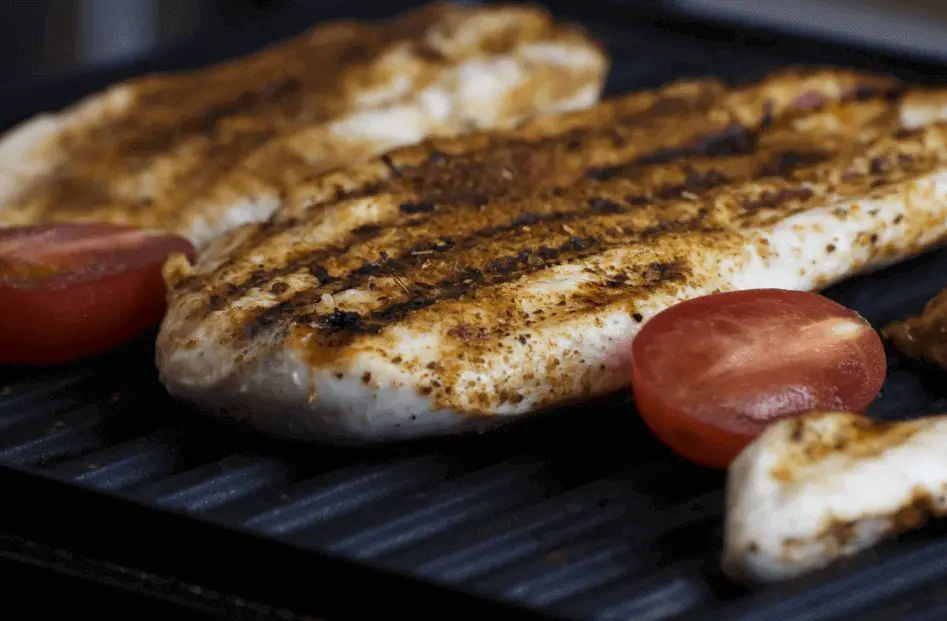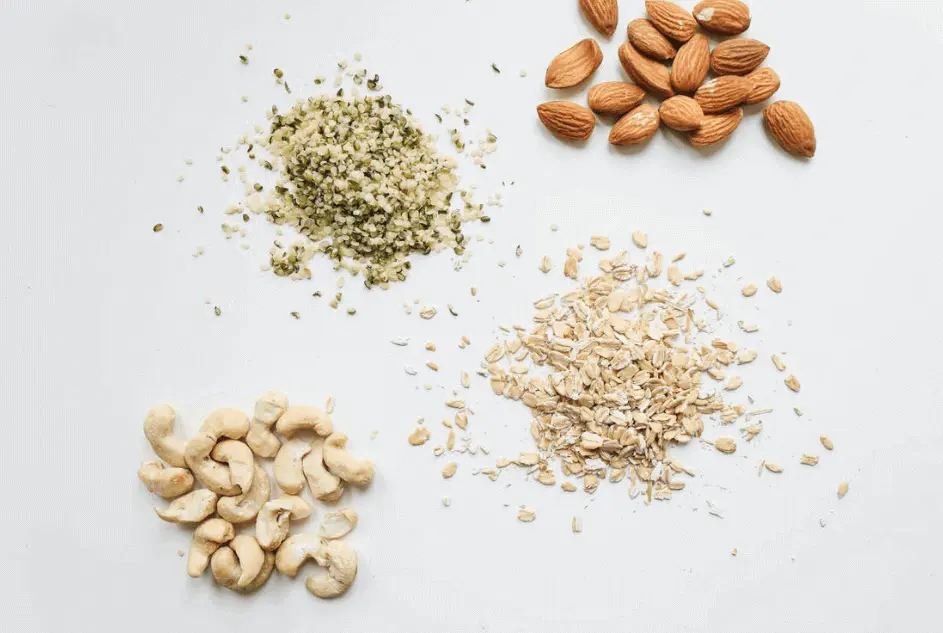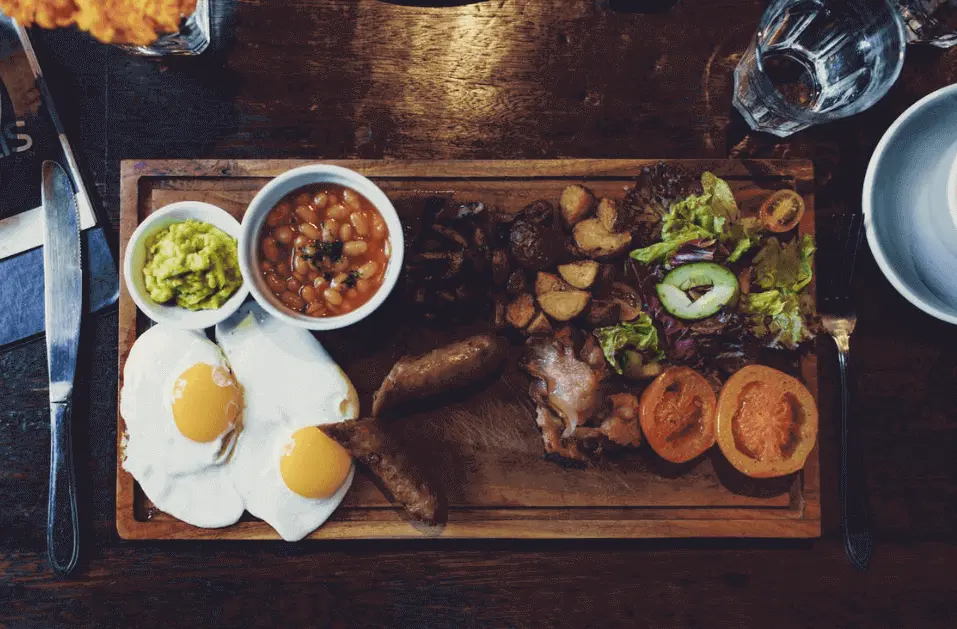How much protein does your body require following a workout in order to build muscle? Is it necessary to drink your protein shake immediately after strength training? Is more protein associated with increased fat burning, increased muscle mass, or both?
Here you will find the answers to all of your questions about muscle gain and protein.
Importance of Protein in your Body
Protein, as a macronutrient, is one of the most important building blocks in our bodies and plays an important role in a variety of areas:
- Muscle function is improved.
- It transports both fat and oxygen.
- Combats infections.
- Cells are repaired.
- Helps connective tissue and cartilage health.
- Maintains healthy hair and nails.
Proteins are made up of amino acid chains. Amino acids are of three types: essential, semi-essential, and non-essential. Although your body can produce non-essential amino acids, it cannot produce essential amino acids, so you must obtain them through diet.
Protein aids in muscle repair and growth.
Workout causes muscle protein breakdown. The rate at which this occurs is determined by the type of workout and your level of training, but even well-trained athletes experience muscle protein breakdown.
Consuming enough protein after a workout provides your body with the amino acids it requires to repair and rebuild these proteins. It helps to build the blocks required for new muscle tissue.
It is advised to consume 0.14-0.23 grams of protein per pound of body weight (0.3-0.5 grams/kg) immediately following a workout.
One study, however, discovered that eating protein before and after a workout has a similar effect on muscle strength, hypertrophy, and body composition changes.
According to research, consuming 20-40 grams of protein appears to improve the body’s ability to recover after a workout.
Animal-based proteins vs Plant-based proteins
If you want to gain muscle, it’s critical that you consume enough protein. This can be consumed as either animal protein or plant protein.
Animal protein can be found in the following foods:
- Meat and meat-related products
- Fish
- Eggs
- Dairy products and milk

Plant-based protein can be found in the following foods:
- Lentils
- Tofu
- Beans
- Oats
- Pumpkin seeds
- Almonds
- Cashews
- Chickpeas

Which protein source you prefer is entirely up to you. A vegan diet can completely satisfy your protein needs. Plant-based protein is beneficial to both your health and the environment.
Natural proteins, both animal and plant-based can meet your everyday protein requirements.
How much protein does your body need for muscle gain?
You’re probably wondering how much protein you need after your workout to gain muscle.
Here’s a compilation of everything you need to know.
1. How much protein do you actually require after a workout?
More protein does not always equal better. Just because you eat (or drink) a lot of protein after working out doesn’t mean your body is absorbing it. According to research, eating about 20 g of protein after a workout is the most effective way to stimulate muscle protein synthesis.
So, what happens if you consume excess protein? It’s critical to consume enough protein after your workout (within 30-60 minutes), but don’t overdo it; the excess protein is usually stored as fat in the body, whilst the amino acids in surplus are excreted.
This can result in weight gain over time, particularly if you consume too many calories while attempting to increase your protein intake.
2. Do you really need to drink a protein shake after a workout?
Protein shakes serve a purpose: they are quick and easy to prepare. Whey protein is the most bioavailable post-workout protein powder because it has already been broken down. It’s basically ready for your body to absorb without much effort.
Can you now always eat real food after your training? Without a doubt! Protein powder is a supplement, and real food is always preferable. Taking protein supplements has no effect on muscle strength if you are just starting out with strength training.
People who have been regularly training for a longer period of time and are unable to meet their protein needs through natural foods will benefit greatly from protein shakes, as they are one of the best sources of protein for muscle gain.
It’s critical to use a high-quality protein powder free of artificial ingredients, chemicals, fillers, and so on because your liver must detoxify all of those chemicals. However, keep in mind that the higher the quality of the protein, the higher the price. Rather than settling for a cheap protein powder, opt for whole foods.

If you don’t know which protein powder to consume, it is safe to ask your dietitian or your gym trainer for recommendations.
If you work out before a meal, have a protein shake. If it’s time for lunch and you’re going to eat something, you don’t need to have a protein shake. Consider your workout schedule carefully. If you’re hungry between meals, a protein shake might be a good option.
3. Does more protein result in more muscles, more fat burning, or both?
Let’s get rid of the notion that “more protein” is always better! Return to the section where you determined how much protein you should consume in total per day and then divided it into meals and snacks. Set aside 20 g of protein for after your workout and the rest for your other meals.
Isn’t it so simple? Protein aids in both fat loss and muscle building.
Post-workout meals and snacks:
Combinations of the foods listed below can produce delicious meals that will provide you with all of the nutrients you require following exercise.
Some quick and easy post-workout meals which will fulfill protein and other nutrient requirements of your body-
- Chicken grilled with roasted vegetables and rice.
- Whole grain toast, an egg omelet with avocado spread.
- Sweet potato and salmon
- Tuna with crackers
- Whey protein, oatmeal, banana, and almonds
- Fruits and cottage cheese
- Pita bread and hummus
- Peanut butter on rice crackers
- Almond butter on whole-grain toast
- Cereal made with either dairy or soy milk
- Yogurt, berries, and granola
- Banana and protein shake
- Sweet potato, berry, and pecan quinoa bowl
- Crackers are made from whole grains, string cheese, and fruit.
In conclusion
It is important to consume a sufficient amount of protein following a workout.
Workout promotes muscle growth, but the body can only do so if it recovers after each workout.
Protein consumption after a workout aids muscle recovery and prevents muscle loss. Also, remember to drink water before, during, and after a workout to replace fluids and electrolytes.
